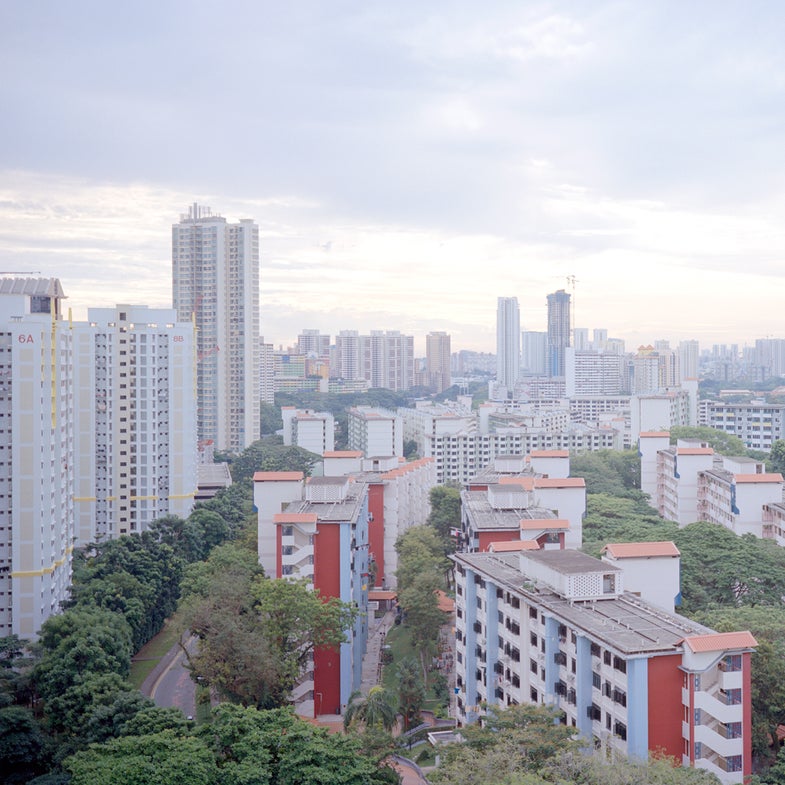New Books: Singapore in the Softest Light
I was first exposed to Nguan’s work via his “Coney Island” project, which was widely shared on Tumblr. I was...









I was first exposed to Nguan’s work via his “Coney Island” project, which was widely shared on Tumblr. I was immediately taken with his images of one of New York City’s most iconic (and most photographed) places—not just for the soft, warm light that colors each image, but also for his ability to freeze quiet, almost shockingly clear and uncontrived moments amid such a dense sea of people and history.
I’m much less familiar with the photographic context in which his most recent book, *How Loneliness Goes*, sits (urban Singapore), but that does nothing to dampen these photos’ immediacy. The book, shot in Nguan’s native Singapore from 2011 to 2013, is “about those of us who abide in the city,” he writes on an inscription on the final page. “My wish is for this book to wander in my stead, exist as a testament to existence, and credibly proffer the possibility of beauty as a balm for everyday sorrow,” the summary concludes.
But who is the lonely one? That is the interesting question at the center of these beautiful photographs: is it the subjects, frozen in quiet solitude inside the sticky tropical heat of one of the world’s densest urban environments? Is it Nguan, the wandering photographer who continues to find so many familiar strangers in his home city? Or is it us, the viewers, marveling at lives that can be at once so different and so similar to our own?
How Loneliness Goes is available for around $40 U.S. dollars here.